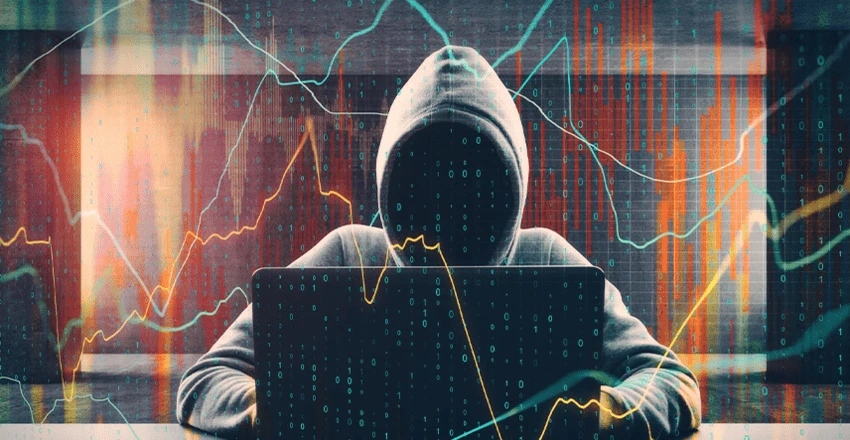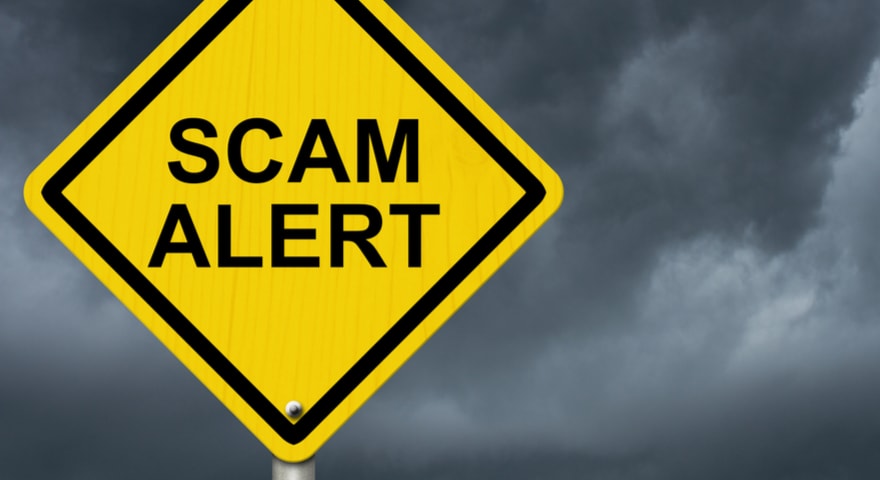How to Spot and Avoid Forex Trading Scams
The forex market can offer profitable opportunities for traders, but it is also rife with scams designed to deceive and defraud individuals. In recent years, fraudulent brokers and scam schemes have become increasingly sophisticated, targeting both beginners and experienced traders. Understanding how to identify and avoid these scams is crucial for protecting your investments and maintaining a successful trading journey. In this article, we’ll explore the red flags of forex trading scams and provide tips on how to avoid falling victim to them.
Red Flags of Forex Trading Scams
Promises of Unrealistic Returns
One of the most significant red flags of a forex trading scam is the promise of high, guaranteed returns. Scammers often claim that they have a “secret” method or algorithm that will consistently yield profits, even in volatile market conditions. In reality, no one can predict the market with certainty. Forex trading involves risk, and while profits are possible, no broker or system can guarantee consistent, risk-free returns.
Lack of Regulation
Legitimate brokers are typically regulated by well-known financial authorities such as the FCA (Financial Conduct Authority), ASIC (Australian Securities and Investments Commission), or CySEC (Cyprus Securities and Exchange Commission). These regulators ensure that brokers operate with transparency, follow established rules, and protect traders’ funds. If a broker claims to be unregulated or is vague about its licensing and regulation, it’s a strong sign that they may not be trustworthy. Always verify a broker’s regulatory status before proceeding with any investments.
Unclear or Excessive Fees
Forex scams often hide fees and costs in a variety of ways. For example, a broker might advertise low spreads but charge high withdrawal fees, commissions, or account maintenance fees. Scammers might also be unclear about the real cost of trading by using misleading language in their terms and conditions. It’s essential to carefully review the fee structure and ensure that all costs are clear and transparent before committing to any broker.
Pressure Tactics and Time Sensitivity
Scammers will often try to create a sense of urgency, encouraging you to deposit funds quickly or to sign up for a limited-time offer. They might claim that you’ll miss out on an exclusive opportunity if you don’t act immediately. Legitimate brokers will never pressure you into making quick decisions. Always take the time to assess the situation, and don’t rush into any investment.
How to Protect Yourself from Forex Trading Scams

Do Your Research
Research is the most effective tool in protecting yourself from forex trading scams. Before opening an account with any broker, thoroughly research their reputation. Look for user reviews, independent evaluations, and feedback from trusted sources. Regulatory agencies often provide detailed information about brokers, including their licenses and any enforcement actions. Trusted review platforms like Broker Reviews can help you compare different brokers and provide insights into their reliability.
Start with a Demo Account
Reputable brokers often offer demo accounts where you can practice trading with virtual funds before risking your own capital. This allows you to familiarize yourself with the broker’s platform and services without the risk of losing money. A demo account can also help you spot any potential issues with the broker’s trading environment or customer support.
Verify Payment Methods
Legitimate forex brokers typically offer a wide range of trusted payment methods, including bank transfers, credit cards, and regulated e-wallets like PayPal or Skrill. If a broker requests payment via non-standard methods, such as cryptocurrency transfers or gift cards, it could be a scam. Always ensure that your payment methods are secure, and avoid any broker that demands payment through unconventional channels.
Check for Segregated Accounts
Reputable brokers hold client funds in segregated accounts, which means your funds are kept separate from the broker’s own funds. This ensures that in the event of the broker’s insolvency, your funds are protected. Always inquire about how a broker manages clients’ funds and ensure that they use segregated accounts for added security.
What to Do if You Fall Victim to a Scam
If you realize that you have fallen victim to a forex scam, it’s important to act quickly. First, contact the broker’s customer service department to attempt to resolve the issue. If you can’t reach a resolution, you may need to escalate the matter by filing a complaint with the relevant financial regulator. You can also report the scam to consumer protection agencies to help prevent others from falling victim to similar schemes.
While forex trading presents an excellent opportunity for those willing to learn and invest carefully, it is also a market that attracts scams and fraudulent schemes. By staying vigilant and following the steps outlined in this article, you can protect yourself and avoid falling victim to forex trading scams. Always do your research, verify a broker’s legitimacy, and start with a demo account to test the waters. For more information on reputable brokers, check out Broker Reviews, where you can find trusted insights and comparisons of top forex brokers.
